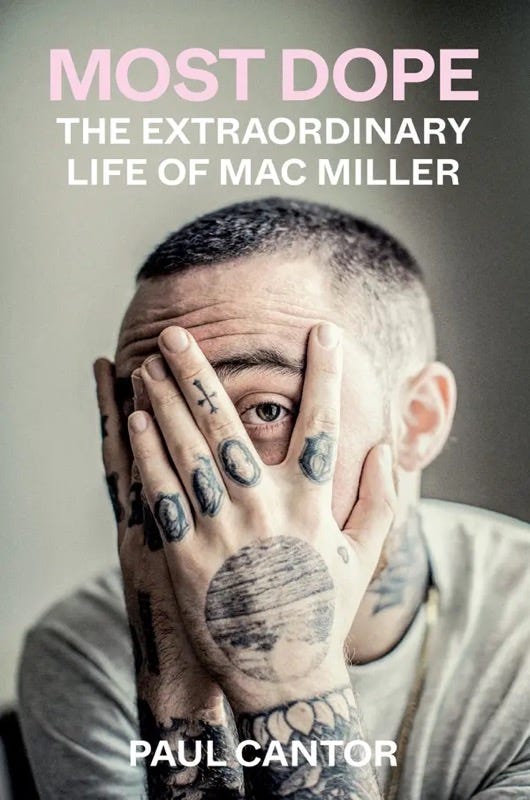A reminder: We recently dropped the first installment of a new series called Offline Recs, a monthly compendium of the movies, music, books, meals, and other cultural ephemera that we can’t stop thinking about — regardless of where they fit in the news cycle. We’re making the March edition available to everyone, but if you sign up for a paid subscription, we’ll be sending Offline Recs straight to your inbox every month, along with full pod episodes and other goodies. Yes, you heard that right: Paid subscribers get access to the full version of every episode, including this one.
Especially in the internet age, it’s hard to say who an artist’s story belongs to. Musicians can communicate with audiences directly, fan armies rise up to defend their faves against narratives they don’t agree with, and even if we haven’t met the artist in person, we all have tales of the ways their music has touched our lives. But when veteran music journalist Paul Cantor set out to write a biography of the late, great rapper Mac Miller, an artist whose generosity and infectious kindness were as palpable on record as they were in his day-to-day life, he came up against this question in the starkest way possible.
After the artist’s tragic passing from an accidental drug overdose in 2018, at the age of 26, Paul secured the participation of a number of Mac’s closest friends and collaborators. But the musician’s family was wary about a writer with no direct personal connection to Mac writing a book about him. In fact, they circulated a statement on social media telling people not to talk to Paul: “To artists, management, & friends: There is a writer doing a Mac Miller biography that some you have been approached about or will be,” they wrote on Instagram. “This book is not authorized/approved by Mac’s family or Estate. We are not participating and prefer you don’t either if you personally knew Malcolm.”
In time, the family made it clear that they would be supporting a competing biography instead: The Book of Mac: Remembering Mac Miller, by journalist Donna-Claire Chesman, which they designated as the only authorized biography of two. But after years of research, hundreds of hours of interviews, and what Cantor’s publicist described to us as a “massive bullying campaign” that included death threats (you can read his article about the experience here), his book, Most Dope: The Extraordinary Life of Mac Miller, finally hit bookstores this year. It’s an exhaustive, strikingly intimate account at the places, people, societal forces, and personal challenges that shaped Mac’s singular view of the world — even down to the history of the neighborhood in Pittsburgh where he grew up.
On today’s episode, we discuss the controversy’s impact on Paul’s experiences reporting and writing the book, and the role of the biographer in a world where artists have unprecedented control over their own narrative. We also take a look at what Mac’s story can tell us about the fraught relationship between mental health and music, and how Mac’s evolution as an artist and public figure reflected wider changes in technology, the music industry, and public discourse in the late aughts and the tens.
Purchase Most Dope: The Extraordinary Life of Mac Miller
Read more by Paul
“The story of Combat Jack, hip-hop’s flagship podcaster”
“Fans were surprised to get more Gang Starr. They almost didn’t.”
“Suge Knight reflects on Doggystyle 20 years later”
“Arular 10 years later: M.I.A. reflects on globe-shaking debut”



















Share this post